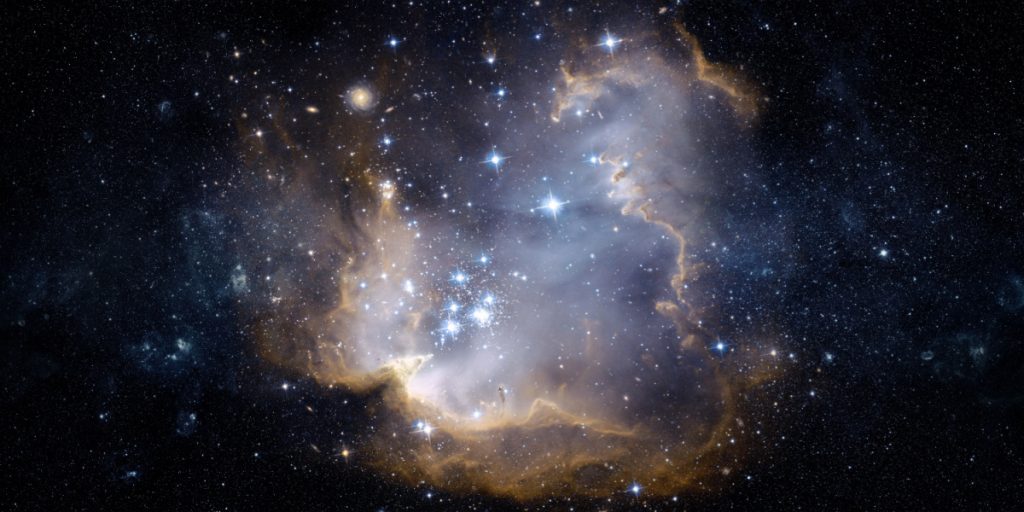An international team of astronomers has discovered 49 new gas-rich galaxies in less than three hours using the MeerKAT radio telescope located in South Africa.
Others are reading now
The discovery was made during a brief observational period, facilitated by the Inter-University Institute of Data Intensive Astronomy (IDIA).
The research, led by Dr. Marcin Glowacki from Curtin University’s node of the International Centre for Radio Astronomy Research (ICRAR) in Western Australia, initially aimed to investigate star-forming gas in a single radio galaxy. However, while the primary target did not yield expected results, the data review unexpectedly revealed 49 other galaxies.
49 New Galaxies
“I did not expect to find almost fifty new galaxies in such a short time,” Dr. Glowacki stated, expressing great excitement over how effective an instrument like MeerKAT is for identifying star-forming gas in galaxies.
He further elaborated on the techniques adapted from other MeerKAT surveys to identify these galaxies and analyze their gas content.
Also read
Dubbed the “49ers,” in homage to the 1849 California gold rush miners, these newly discovered galaxies are seen as valuable astronomical “gold nuggets.”
Many of these galaxies are located in proximity to each other, forming galaxy groups. Intriguingly, three of these galaxies are interconnected through their gas, with the central galaxy likely siphoning gas from its neighbors to fuel star formation, possibly leading to the inactivity of the other two.
The MeerKAT’s Capabilities
Professor Ed Elson, from the University of the Western Cape and a co-author of the study, praised MeerKAT’s capabilities as an imaging instrument.
“This discovery highlights the raw power of the MeerKAT telescope as an imaging instrument. The methods we developed and implemented to study the 49ers will be useful for MeerKAT large science surveys, and smaller observing campaigns such as ours,” he noted.
The discoveries were not merely fortuitous; ICRAR summer student Jasmine White, working with Dr. Glowacki, has helped in identifying more gas-rich galaxies in other MeerKAT observations.
“We hope to continue our studies and share even more discoveries of new gas-rich galaxies with the wider community soon,” Dr Glowacki said.


